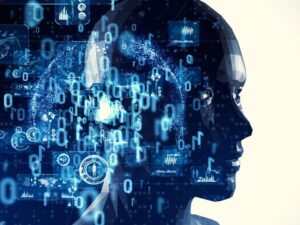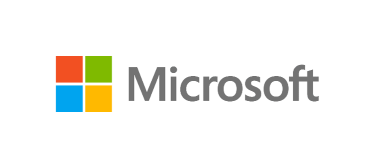Bulukani Mlalazi – Principal Consultant for AI (ADAICO)
The rapid evolution of AI has reignited debates about technological control, privacy, and the emerging East-West AI arms race. Recent developments like DeepSeek and Manus AI have prompted discussions about governance, security, and geopolitical competition. However, amidst these concerns, one critical factor is often overlooked: the role of open-source technology in shaping the digital world.
The Power of Open Source: A Historical Precedent
The transformative power of open-source technology is not new. Linux-based servers quietly power the backbone of the modern web, while open-source programming languages, databases, and frameworks have fueled countless innovations. AI is no different. While proprietary AI solutions generate headlines, open-source alternatives ensure that advancements remain accessible, auditable, and free from centralized control.
Manus AI: A Step Forward, But Not Singular
Manus AI is a groundbreaking autonomous AI agent capable of independently executing complex tasks, coordinating multi-agent workflows, and integrating with various digital tools. However, as impressive as it is, Manus is not an entirely novel invention—rather, it is an optimized aggregation of existing AI capabilities. This means that, inevitably, open-source alternatives will emerge, democratizing access to the same technology while addressing the concerns of closed-source AI.
Enter OpenManus: The Open-Source Answer
True to form, the open-source community has wasted no time in responding. OpenManus, developed in just three hours by contributors from MetaGPT, is a fully open-source alternative to Manus AI. Unlike its proprietary counterpart, which requires an invitation code, OpenManus is freely available to all, embodying the ethos of technological transparency and collaboration.
This rapid replication underscores a crucial truth: no single entity can monopolize AI advancements for long. While closed-source AI may offer temporary advantages, open-source initiatives like OpenManus ensure that the benefits of new technologies are accessible to a wider audience.
Why Open Source is the Future of AI
Concerns about AI governance, security, and bias are legitimate. However, these issues are not exclusive to AI—they have been present in every major technological revolution. The difference today is that open-source AI provides a counterbalance, preventing monopolization and enabling communities to refine, audit, and improve upon existing models.
Open-source AI ensures that we can embrace innovation without blindly accepting the limitations or biases of any single entity. OpenManus exemplifies this principle, proving that every new AI advancement—no matter how proprietary—will eventually be matched or surpassed by the collective power of the open-source community.
The Way Forward
AI will continue to evolve at an unprecedented pace, but there’s no need to fear the dominance of any single organization or country. The transformative power of open-source technology has steered past revolutions toward democratization, and AI will be no different.
The rise of OpenManus is not just a response to Manus AI—it is a testament to the resilience of open-source innovation. It reminds us that no matter how advanced a new technology appears, it is only a matter of time before it is replicated, improved, and made freely available to the world.




